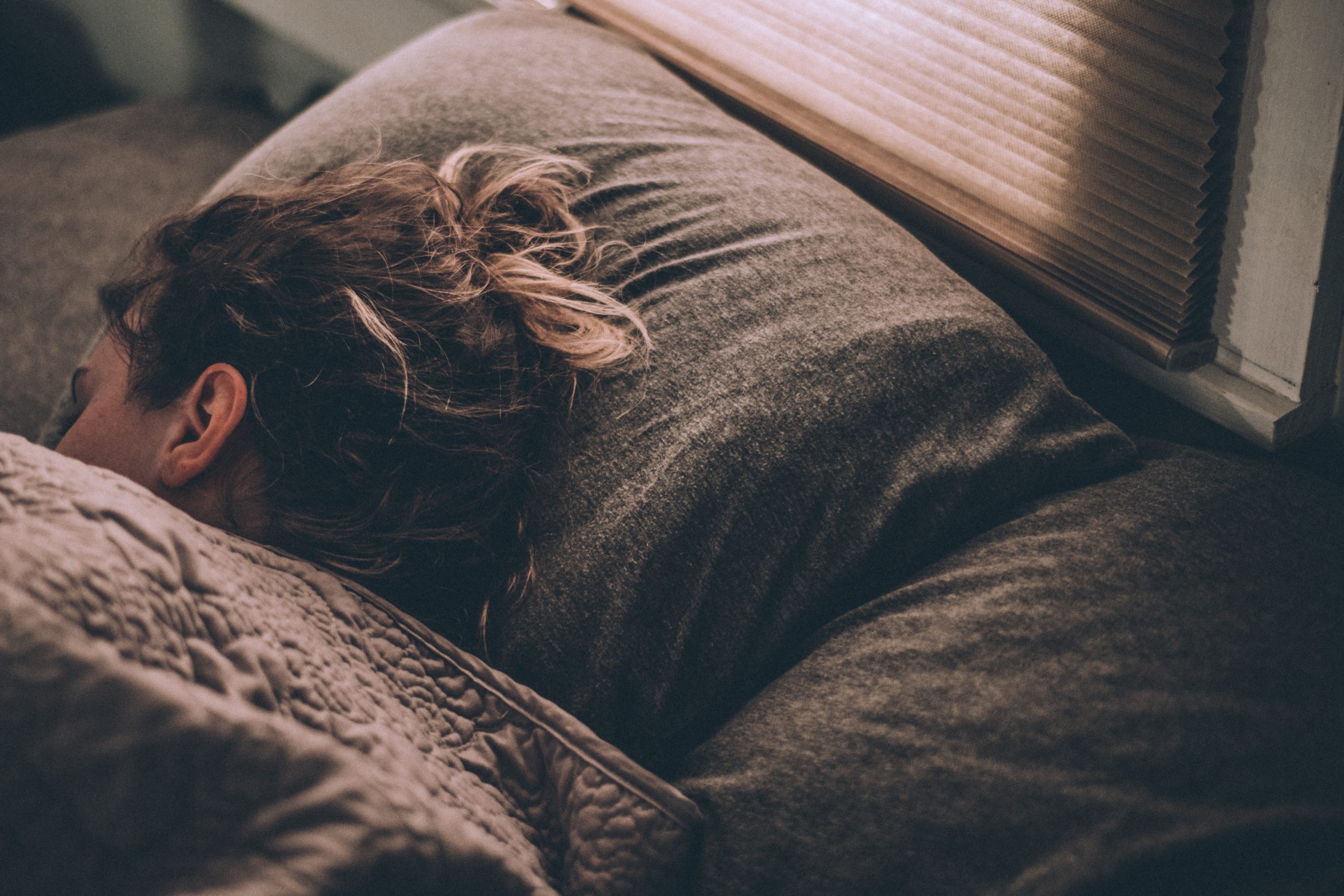Can you Sleep too Much or Your Body Knows Better How Much Time is Needed for Sleep?

We all need sleep, but do you know how much is too much? We often hear that eight hours of sleep is the ideal amount for adults, but is this really true? Is it possible to sleep too much or is our body better equipped to regulate how much we need on its own? In this blog post, we explore the science behind sleeping and answer these questions. From the benefits of a good night’s rest to the dangers of oversleeping, read on to find out more about how much sleep you really need and why.
How to know how much sleep your body needs
How much sleep do you need? It’s different for everyone. Some people can function on just a few hours of sleep, while others need nine or 10 hours to feel their best.
Most adults need between seven and eight hours of sleep a day. But if you’re constantly tired, even after a full night’s rest, it may be time to reassess how much sleep your body really needs.
There are a few ways to tell if you’re not getting enough sleep:
-
- You have trouble focusing or making decisions during the day
- You find yourself getting irritable or feeling short-tempered more easily than usual
- You have difficulty paying attention or remembering things
- Your physical performance suffers (you feel sluggish, have trouble with coordination, or get winded easily)
If any of these sound familiar, it may be time to talk to your doctor about how much sleep is right for you.
The recommended amount of sleep per night
There are many different sleep recommendations out there, but the general consensus is that most adults need around 7-8 hours of sleep per night. However, this can vary depending on age, lifestyle, and health factors. Some people may need a little more or less sleep than others in order to feel well-rested.
There are a few things that you can do to try and get the optimal amount of sleep for your needs. First, avoid caffeine and alcohol before bed as these can interfere with sleep. Second, establish a regular sleep schedule by going to bed and waking up at the same time each day. Finally, create a relaxing bedtime routine to help you wind down before sleep.
The dangers of oversleeping
We all know the feeling of oversleeping – waking up groggy, disoriented, and with a headache. But did you know that oversleeping is actually bad for your health? Research has shown that oversleeping can lead to a host of problems, including:
- Weight gain: Oversleeping can increase your appetite and lead to weight gain
- Depression: Oversleeping has been linked to depression and anxiety
- Heart disease: Studies have shown that oversleeping can increase your risk of heart disease
- Diabetes: Oversleeping can make it harder to control blood sugar levels, which can lead to diabetes
- Memory problems: One study found that people who slept more than eight hours a day were more likely to have memory problems
The benefits of oversleeping
It turns out, there are some benefits to oversleeping! When you get a good night’s sleep, your body is able to repair itself and prepare for the day ahead. Getting enough sleep has been linked with improved mental and physical health, including:
- Improved mood
- Reduced stress levels
- Increased energy levels
- Improved memory and concentration
- Lower risk of heart disease and stroke
So, if you’re feeling run down, don’t hesitate to catch some extra Z’s. Your body will thank you for it!
Summing up
In conclusion, it is safe to say that your body knows best when it comes to how much sleep you need. While getting more than the recommended 8 hours of sleep might seem like a good idea, too much of it can lead to serious health issues and impair your ability to function properly. Taking the time for adequate rest each night should be a priority in everyone’s life, as not only will this help keep you healthy but also give you enough energy and focus during the day.
Warning: this article does not constitute medical advice. The article contains the author’s personal opinion and personal conclusions and observations. If you have problems with sleep or are interested in other issues related to it, it is better to consult your doctor.









